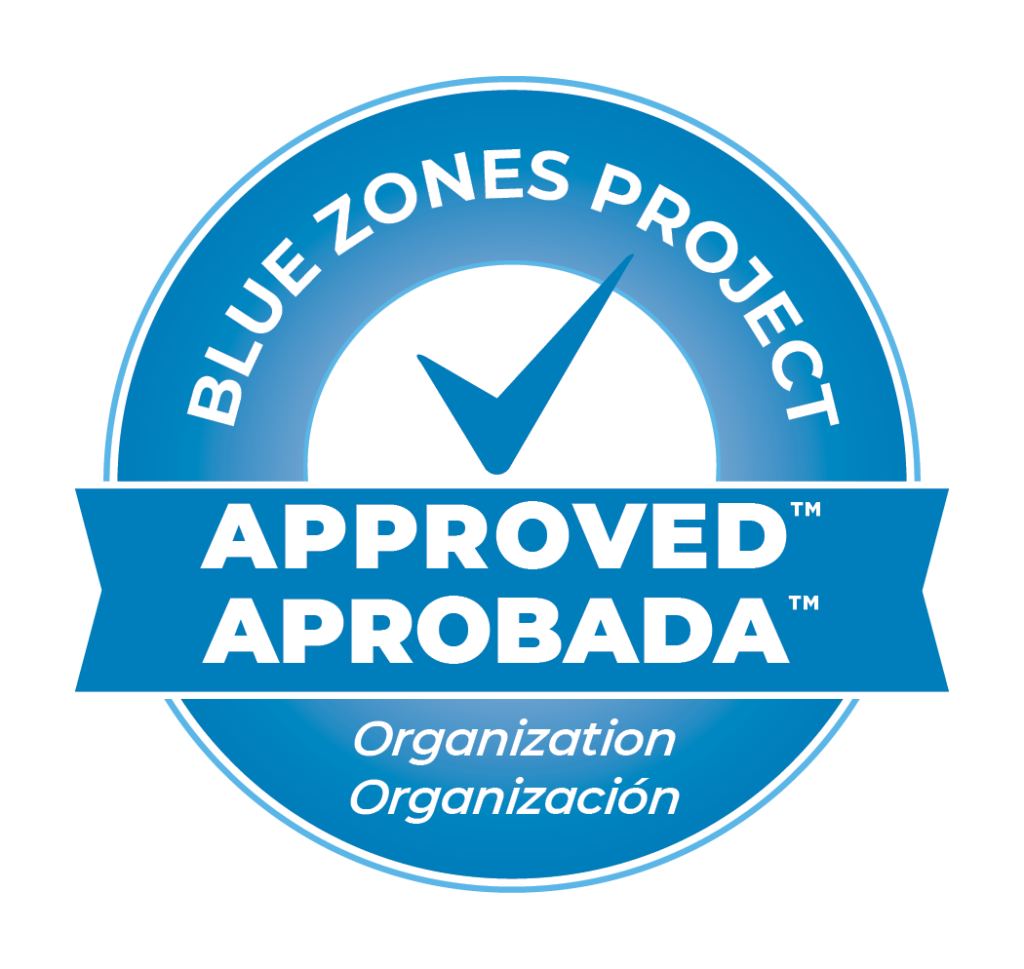There are an average of 123 suicides each day in this country. It is the 10th leading cause of death in America, which makes September 2022 an important month for Interim Inc.
September is not only Suicide Prevention Awareness Month, Sept. 4-10 is National Suicide Prevention Week, and Sept. 10 is World Suicide Prevention Day. In order to create awareness and strengthen the fight against suicide, the entire month, the week, and the day, are devoted to the prevention of suicide, spreading awareness of its causes, and offering resources to those who are in crisis and contemplating suicide.
Every year in September, mental health advocates, survivors, friends and family, and mental health organizations across the country such as Interim Inc., and around the world, work to educate and inform the general public about suicide prevention and the warning signs of suicide. The month also aims to reduce the stigma surrounding suicide and encourage the pursuit of mental health assistance.
One of Interim’s outreach programs is Success Over Stigma (SOS), a consumer-driven, community advocacy and educational program designed to combat the three most prevalent forms of stigma: community perception, internal stigma, and external stigma. This is accomplished by recruiting and training mental health clients to share their successful stories of recovery with others.
The power of connection with someone who has a shared personal experience in combination with witnessing the courageousness of someone’s vulnerability, is a proven first step to mental health. The SOS team is a trained group of speakers who have told their stories to schools, businesses, civic groups, and faith communities, helping to educate the public about the obstacles they have faced in their personal and professional lives, and their success in overcoming those obstacles.
Kontrena McPheter, Interim’s Peer Outreach and Advocacy Coordinator for SOS, noted, “In looking at suicide in the African American community there has been a disproportionate rate of young African American suicide. Between 2014 and 2019, the suicide rate increased by 30% for Black individuals (from 5.7 to 7.4 per 100 000 individuals). What this means to me is that we are not reaching the black community. We need to get into the churches, schools, and community centers, to talk about the new Suicide and Crisis Lifeline (Dial 988) that is available 24 hours a day seven days a week for those that need support.”
In recent years, society has become more open and receptive to discussions and conversations on suicide. There is still a stigma surrounding it, and with suicide rates increasing, it still means that the right help is not reaching people in time. We have work to do, and it is up to all of us to play a role in opening up the discussion about mental health with those around us.
Suicidal thoughts can plague anyone regardless of age, gender, or social status. Commonly linked to depression, there is no foolproof indicator of suicidal tendencies. Many people suffering from depression or suicidal thoughts cover them up quite well.
National Alliance on Mental Illness (NAMI), a U.S.-based organization established in 1979, serves as a resource on this highly taboo topic, helping those affected by suicide, assisting with sourcing effective treatment services, and raising awareness for educating others on its prevention. Here are ways NAMI recommends on ways to observe the month, week and day and tips to help someone who may be in crisis.
How To Observe National Suicide Prevention Month:
- Spread the message
Throughout Suicide Prevention Month, it’s extremely important to spread awareness, take time to reach out to those in need and help people understand the severity of this cause. How? Hand out suicide prevention pins, start a campaign, and share stories of hope on social media.
- Volunteer at a crisis center
Provide support by volunteering at a crisis center in your area. Although this is something that can be done year-round, Suicide Prevention Month is the perfect time to get started. Check out the National Suicide Prevention Lifeline, an organization that offers free and confidential emotional support 24/7 to those in crisis or emotional distress.
- Record a supportive video
This is an easy option that doesn’t cost money or time, so anyone can do it. Simply record a 15-30 second video promising your friends to listen to anything they need to say. Then, use the hashtags #suicideispreventable #800273TALK #LETITOUT.
No-Nonsense Tips to Help Someone in Crisis:
- Ask direct questions
Even though it’s hard, ask a person directly if they’re thinking about suicide.
- Listen to their answers
People with suicidal thoughts often feel alone, so be sure to let them know that you care deeply about what they have to say.
- Do a safety check
If you’re concerned for their well-being, try removing anything they could use to harm themselves, such as alcohol, drugs, medications, weapons, and even access to a car.
- Don’t keep this a secret
Let them know you’ll help come up with a plan that involves telling a professional who can utilize the many services and resources available to help.
- Ensure they seek professional help
Unless you work in the mental health industry, it’s important to suggest they seek additional help from other people, such as a doctor, counselor, psychologist, or social worker.
If you or someone you know is in an emergency, call The National Suicide Prevention Lifeline at 800-273-TALK (8255) or call 988 or call 911 immediately.




